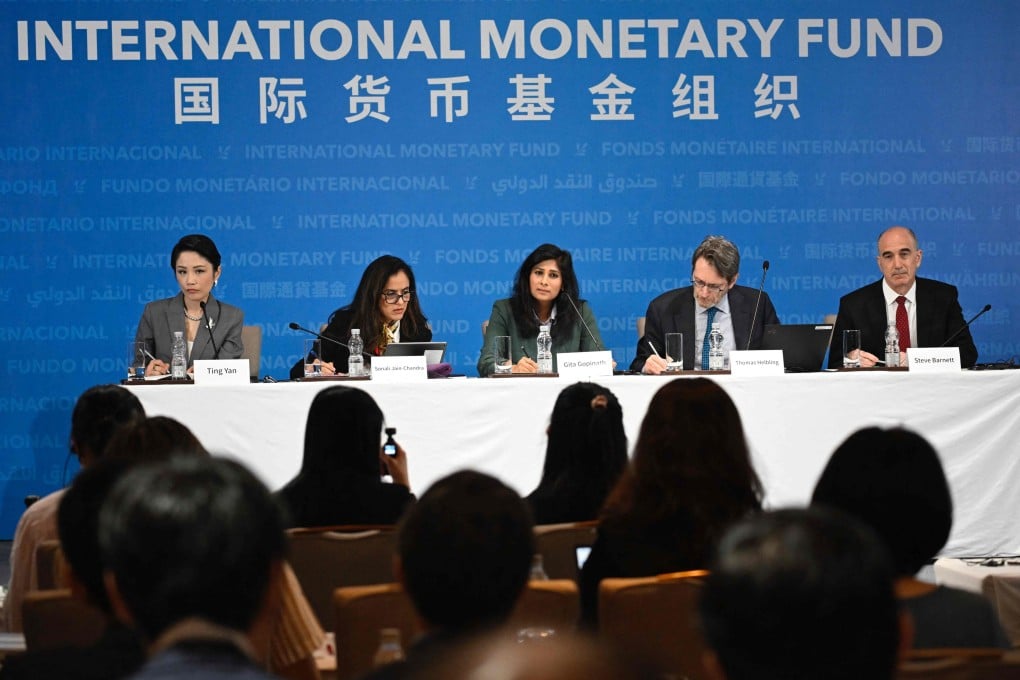Advertisement
Macroscope | As Asian discontent grows, will it take a world war to reform the IMF?
- Great reforms seem to be born only out of major upheavals. And the IMF enjoys only as much power as its fractious owners are prepared to give it
Reading Time:3 minutes
Why you can trust SCMP
3

Is it time to give up the pretence of a globalised world and of multilateral cooperation? Should we resign ourselves to the prospect of living in an autarkic world of nations that are fated to become increasingly competitive, defensive and protectionist – possibly to the point of a world war?
Some leading powers are stumbling onto this road and some are aligning with the US or China while others are buffeted in a sea of non-alignment. It is tempting to view multilateral institutions like the IMF as neutral anchors in the coming storm but this is an illusion as things stand.
The Bretton Woods institution, founded in a golden age of international cooperation in 1944, could be destined to simply “fade away”, said former chief economist Raghuram Rajan in the June special issue of the IMF’s Finance & Development publication.
Or as former Bank of England governor Sir Mervyn King wrote in his book, The End of Alchemy: “The world of Bretton Woods passed away a long while ago, and with it the effectiveness of the post-war institutions that defined it – the International Monetary Fund, the World Bank and the Organisation for Economic Cooperation and Development (OECD).”
For Asia, one consolation, albeit scant, is that the region is likely to, as King wrote, “develop its own informal arrangements that will, in essence, create an Asian IMF, an idea that was floated in 1997 at the IMF annual meetings in Hong Kong and killed off by the United States”.
A great debate has been set in motion on the future of the IMF, which has 190 members. It was launched at the spring meeting of IMF finance ministers and central bank governors who asked the fund to come up with reforms by June next year.
Advertisement
